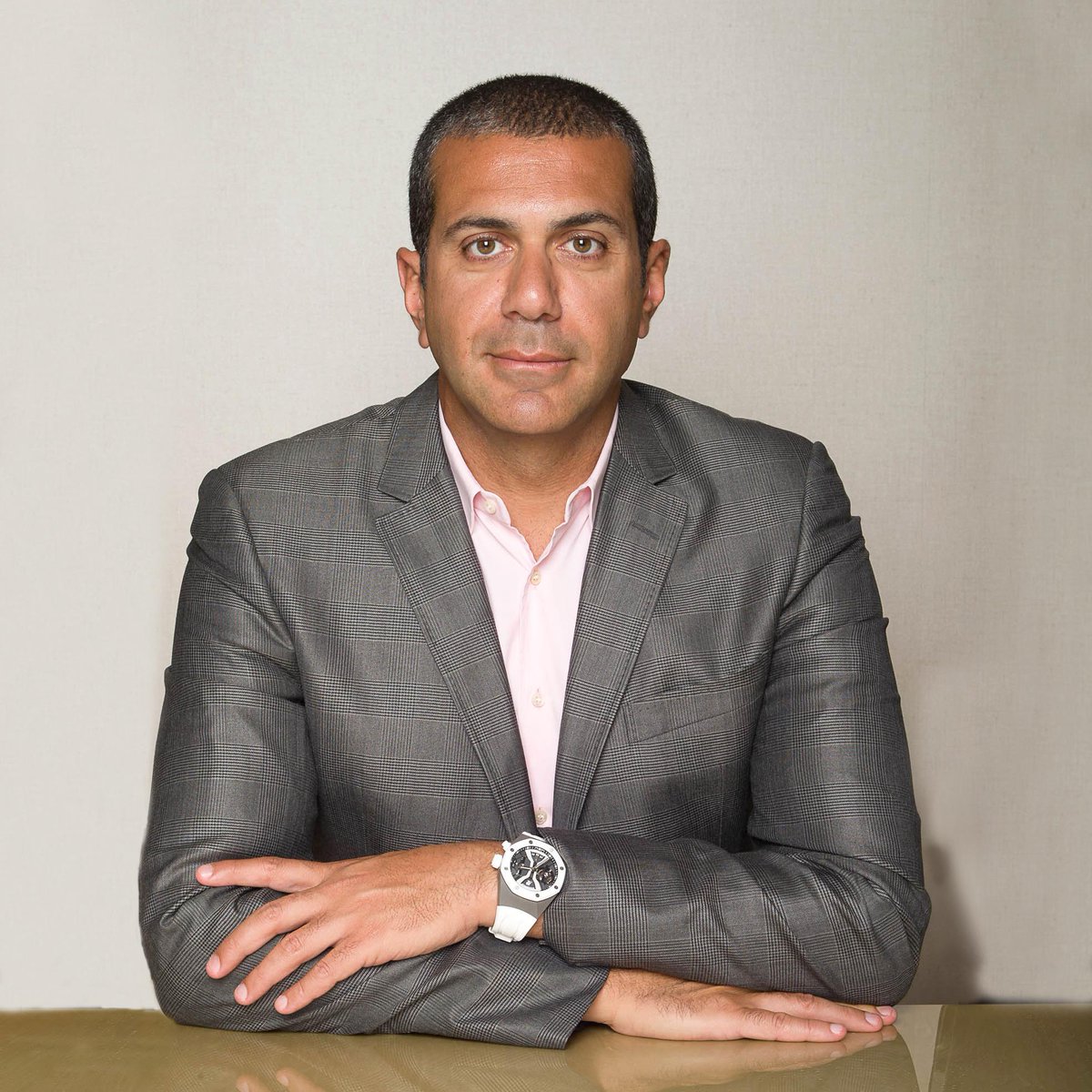Mobile money key to Africa’s growth, but bad tax policies ruin it – By Bassim Haidar
After more than a decade since its emergence, mobile money has evolved as the formal financial service of choice for many underserved groups in developing countries. The rapid adoption and widespread use in these areas aren’t due to its convenience (as it is in many developed markets) but on its necessity, since it bridges gaps for unbanked people that the existing banking sector cannot.

As a result, emerging markets have become the epicentre of mobile money activity, with sub-Saharan Africa experiencing the most growth. Transaction volume and value in the region have seen double-digit growth during the last decade, and mobile money accounts are expected to reach 500 million at the end of 2020.
As expected, the success of such services attracted the attention of tax authorities seeking to expand their revenue base. After all, in sub-Saharan Africa, the formal economy represents about 34% of the population, putting extra pressure on states to seek new sources of revenue. Mobile money services have been such an opportunity.
Read also:How TeamApt Became Nigeria’s largest non-bank mobile money
‘Poorly designed tax policy’
While there is no doubt that African governments have to raise taxes and broaden their tax bases, they must also approach tax policy with a discerning eye. Despite the diverse methods proposed to tax mobile money, in most cases the results – especially on mobile money transaction – are controversial, proving the structural weaknesses of taxation in the region and putting Africa’s financial inclusion at risk.
A recent report from GSMA notes: “State authorities are unable to fully understand the nuances of emerging sectors, such as mobile-money services or even the wider digital economy.” The result has been “badly designed taxes which, although they may seem attractive at first sight, fail to consider the impact on the broader economy and society.”
Read also:Mobile Money Platforms Allowed To Engage In Gambling Transactions In Kenya
A poorly designed tax policy, leads to deficient outcomes. Independent research and reports from prestigious organisations, such as the above mentioned GSMA, reveal aspects of the problematic way in which mobile money services are treated. This includes specifics of the population that uses these services or the negative impact on financial inclusion those taxes bring about.
Needing guidance
There is a lack of capacity within research units at the policy level and a lack of national policy frameworks to guide them. As a result, the full impact of mobile money taxes is not adequately assessed. “Political economy factors are ever-present too, which leads to these taxes being implemented without established processes being followed,” the GSMA report argues. It also adds that where these taxes have been implemented, mobile money transaction values have contracted, and “their growth trajectory reduced with negative implications for wider CIT and VAT tax takes.”
According to another report of GSMA, 77% of mobile money providers reported paying sector-specific taxes in 2019, whether on fees, transaction values, or total revenue. Additionally, 23% of those affected said taxation was harming the uptake of mobile money services and their business, revealing the regressive effect of poorly designed taxes.
Read also:Egyptian Fintech Startup Flick Secures $1M In Pre-Seed Funding Round
Channel VAS‘ mobile financial services provide access to over $12m daily to a pool base of more than 750 million subscribers globally, a significant amount of which are in the sub-Saharan region. We have experienced first-hand these services’ growth, their beneficial effects on underserved populations, as well as how they can be hindered by poorly designed taxation.
Bottom line
Mobile money has enabled sub-Saharan Africa to achieve unprecedented financial inclusion levels and will continue to contribute to broader development goals. When contemplating mobile money taxation, authorities should consider the longer-term negative impacts of such policies and work on a more flexible, far-sighted and understanding framework that will lead to more growth and, in turn, more earnings for the states in the long run.
Bassim Haidar, Founder & CEO, Channel VAS
Kelechi Deca

Kelechi Deca has over two decades of media experience, he has traveled to over 77 countries reporting on multilateral development institutions, international business, trade, travels, culture, and diplomacy. He is also a petrol head with in-depth knowledge of automobiles and the auto industry




